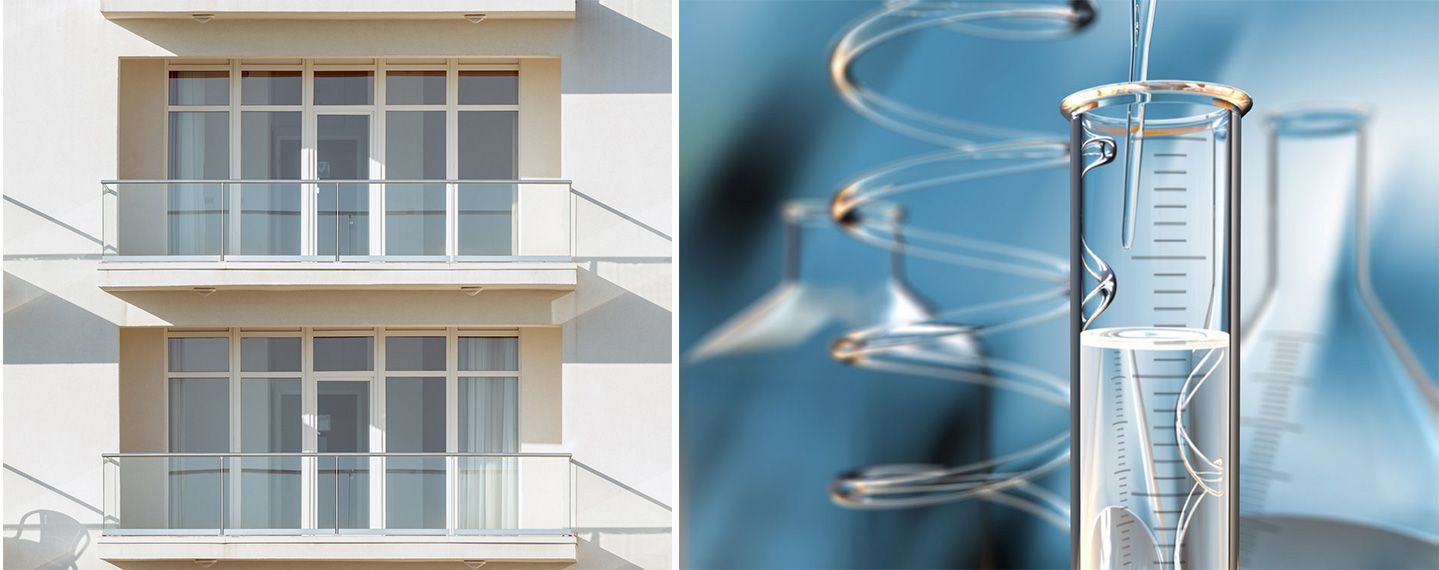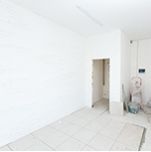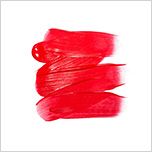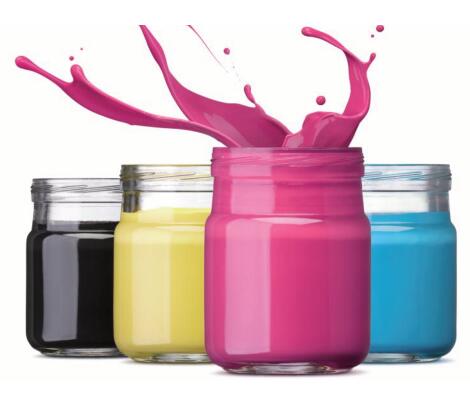
 | Polyvinyl alcohol (PVA) resin is a high molecular polymer powder with the chemical formula (CH2CHOH)n. It is a commonly used adhesive with good film-forming properties, bonding properties and thermal stability. Its water solubility is related to the degree of alcoholysis. |
Matecel® PVA Features:
Solution stability
Low-viscosity polyvinyl alcohol aqueous solution is stable at room temperature and will not deteriorateduring storage.
Solubility
Polyvinyl alcohol powder (PVA) 17-88 and 24-88 are partially alcohol-soluble, they can be solubilized in room temperature water. when the temperature is lower than 10°C, sufficient dissolution time is required for dissolution, usually 5-10 minutes.
Film formation
Polyvinyl alcohol has strong adhesion between molecules, it is easy to form a film. Polyvinyl alcohol is colorless, transparent and smooth surface
| Grade | Viscosity(1) (cps) | Hydrolysis (mole %) | Volatile (wt%) | Ash(2) (wt%) | pH |
| 24-99 | 58-68 | 98.5-99.2 | <5 | <0.7 | 5-7 |
| 26-99 | 70-80 | 98.5-99.2 | <5 | <0.7 | 5-7 |
| 17-99 | 25-30 | 98.5-99.2 | <5 | <0.7 | 5-7 |
| 05-99 | 5-6 | 98.5-99.2 | <5 | <0.7 | 5-7 |
| 26-88 | 50-58 | 86-89 | <5 | <0.5 | 5-7 |
| 24-88 | 44-50 | 86-89 | <5 | <0.7 | 5-7 |
| 17-88 | 21-26 | 86-89 | <5 | <0.7 | 5-7 |
| 05-88 | 5-6 | 86-89 | <5 | <0.7 | 5-7 |
Matecel® PVA Application:

Used for various wall putty, dry mixed mortar Gypsum products, ceramic tile adhesive

For wall / ceiling finishes and tile paste

Emulsion paint production

Exterior wall / thermal insulation mortar system
CAS # 9002-89-5
Polyvinyl Alcohol (PVA), also known as PVOH, is a water-soluble polymer widely used in various industries such as adhesives, paints, sealants, coatings, textiles, and plastics. Our PVA is supplied in powder form, meeting industrial-grade standards.

PVA is valued for its adhesive, emulsifying, and film-forming properties. In the cosmetics industry, it serves as a binder or film former and enhances the thickness of the oil or lipid portion in cosmetic formulations. It finds applications in shampoos, masks, makeup, skincare products, and hairsprays.
Beyond cosmetics, PVA plays a vital role in numerous sectors. It is used in paper coatings, latex paints, glues, and serves as a textile sizing agent. It acts as a carbon dioxide barrier in PET bottles and functions as a plastic backing sheet in adult incontinence and feminine hygiene products.
Additionally, PVA is employed as a water-soluble film for packaging, a mold release agent due to its non-stick properties, a fiber reinforcement in concrete, and as a material for chemical-resistant gloves.

Key Features:
Natural: Polyvinyl Alcohol (PVA) is a synthetic polymer that readily dissolves in water.
Odor: Odorless.
Shelf Life: 1 year.
Storage Directions: Keep in a dry, cool, and well-ventilated area in a tightly closed container.
Product Names: Celvol, Poly Vinyl Alcohol, PVOH; Ethenol, homopolymer; Covol; Mowiol, Gelvatol, PVA; Polyviol; Vinol; Alvyl; Alkotex; Covol; Lemol
To prepare a PVA solution:
Add 30 g (approximately 5 heaped tablespoons or 0.1058219 lbs) of PVA powder to 500 ml (about 2 cups or 0.5283441 quarts) of cold water.
Allow the PVA to absorb the water by leaving the mixture for 1 hour.
Place the bowl containing the mixture into a saucepan filled with water (double boiler method).
Heat the saucepan on low heat and stir continuously until the PVA is completely dissolved and the mixture is uniform.
Strain the mixture through a material to remove any small particles.
Transfer the mixture into a jar and seal it tightly.
This prepared PVA solution can be stored in a glass container with an airtight lid for several months.
With our high-quality PVA and precise preparation instructions, you can rely on our product to meet your needs effectively.
LEAVE A MESSAGE
Shijiazhuang Henggu Jianxin Cellulose Co., Ltd.
Chemical Industrial Park, Xinji City, Hebei Province, China Post Code: 052360
Copyright 2023 Shijiazhuang Henggu Jianxin Cellulose Co., Ltd. All Rights Reserved